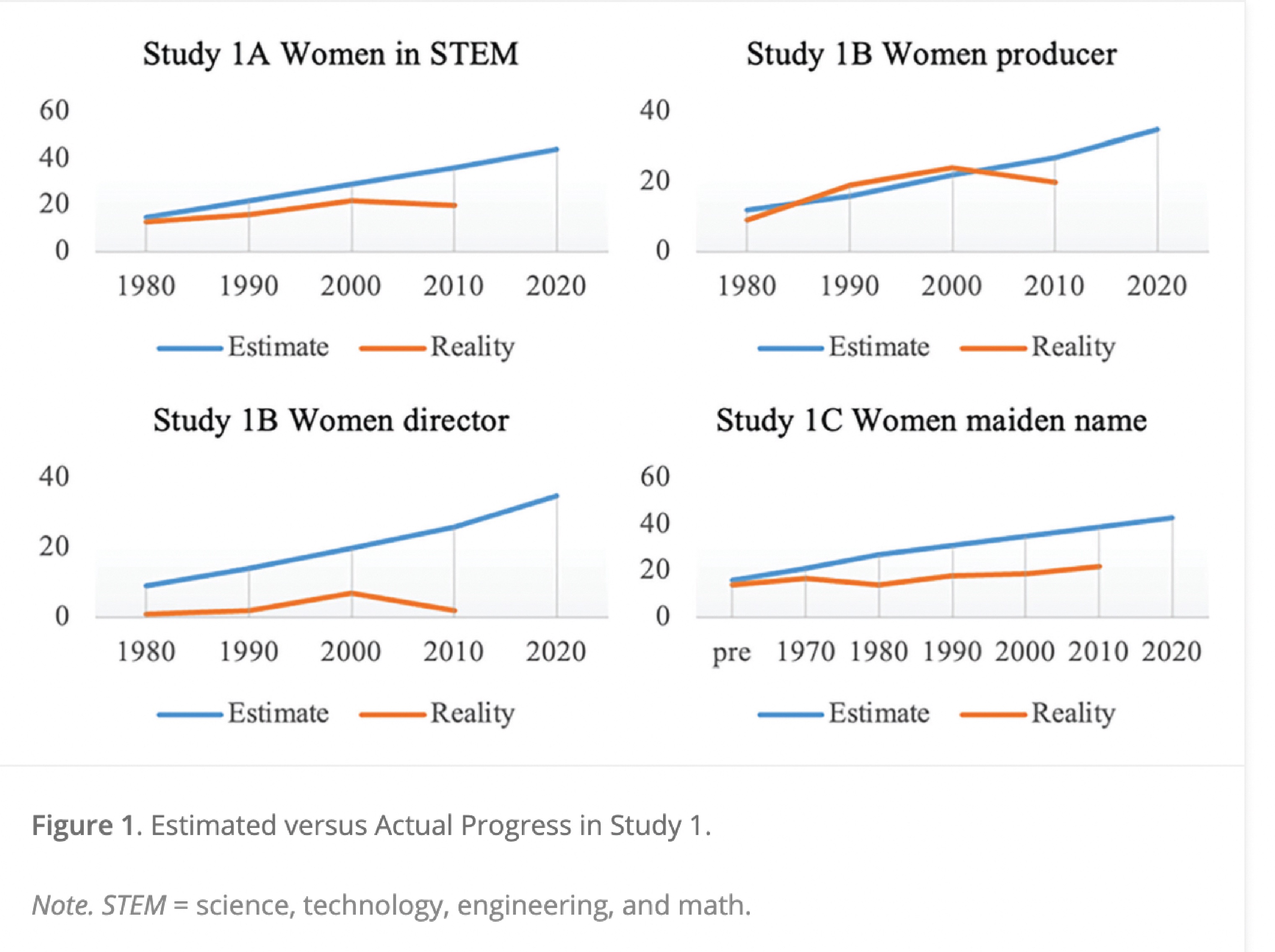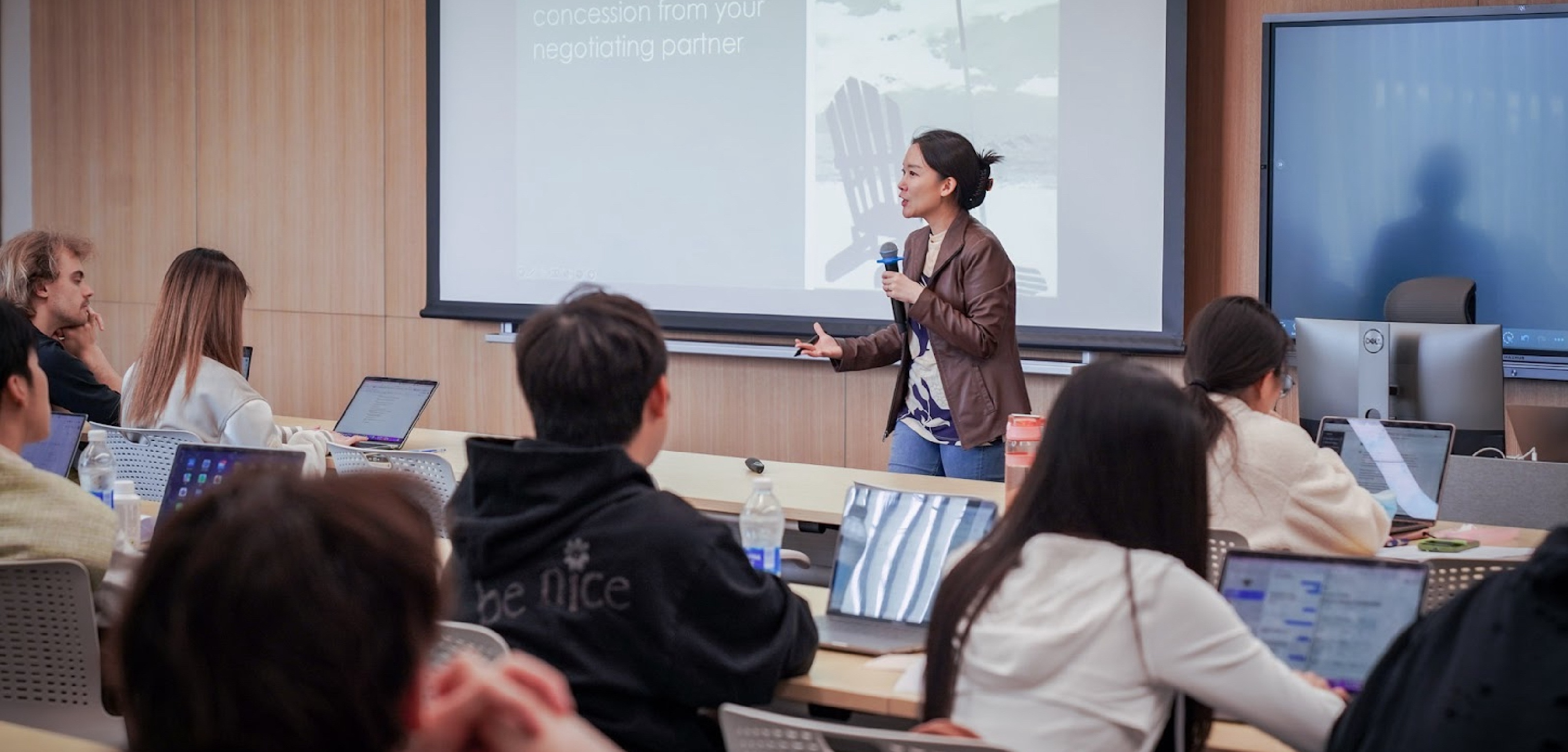Apr 28 2023
Published by
NYU Shanghai

The times may be “a-changing” but how much? A recent study examines the relationship between people’s perceptions of societal progress over time and how much society is actually improving.
Published in the Personality and Social Psychology Bulletin by Julia Hur, an Assistant Professor of Management and Organizations at NYU Shanghai, the study found that people often assume that society is making, and will continue to make, linear progress towards social justice, including issues related to gender equality, racial diversity, and environmental protection. When participants, across political and geographical lines, were asked to estimate society’s progress on issues such as women’s representation in professional fields, participants overestimated the linear progress that society has actually made.
The study shows that people are inclined to think that social progress is linear, said Hur. “People often assume that society is getting better, and that we are making automatic progress, but progress is never automatic,” she said, emphasizing that those assumptions can inhibit people’s willingness to call for change and lead to inertia. “[With this assumption,] people may become less concerned about actually making change by going out for protests, making donations, or voting,” she said.
Hur and and her co-author Rachel Ruttan, from the University of Toronto, conducted thirteen studies with participants across gender, racial, political, and educational backgrounds over five years.

Based on her findings, Hur had some advice for people who care about social progress. “Don’t assume linear progress on the issues that you care about,” she said. “Do your research, do your homework and look up where we are, where we were, and where we are going with these issues.”
Hur is already looking ahead to her future research projects. Her scholarly expertise in psychology with management and organizations has led her to explore how people make decisions. Some questions that guide her future research plans include - what are the health consequences for employees who work in pay-for-performance jobs? She also wants to further examine people’s beliefs about meritocracy and equality. Do people make judgements about others getting an opportunity or outcome based on their race or gender?

Professor Hur teaches her Management and Organizations course to NYU Shanghai undergraduate students.
Hur’s lab, the GIM lab (which stands for Goals, Incentives, and Meritocracy) brings researchers together to examine how individuals’ motivation and cognition are shaped, or biased, by environmental factors. She is particularly interested in understanding people’s beliefs about the relationship between meritocracy and equality. She wants to understand whether people believe that society is becoming more fair, more meritocratic, or both, and whether those ideas are in opposition with each other based on how society is changing – or not changing. “It's meaningful to understand human decisions or beliefs about these issues to start thinking about what we as a society can do better,” she said.


